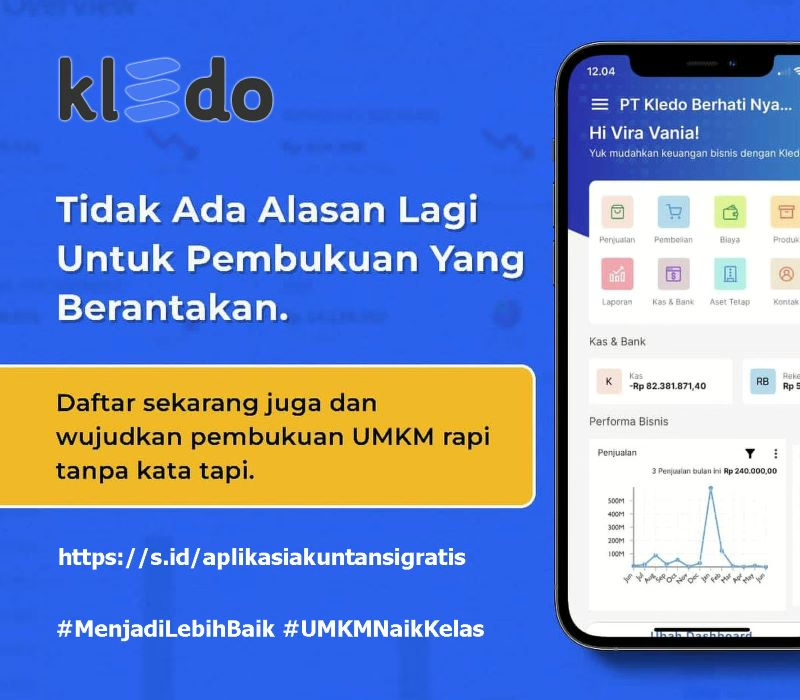3 Fundamental Search Engine Marketing Guidelines
Search engine marketing (SEM) pertains to ad placements on search engine result pages (SERPs). The term SEM is used interchangeably with pay-per-click (PPC) advertising or paid search advertising, although in the past, search engine marketing also included search engine optimization.
Search Engine Marketing Guidelines
But that’s neither here nor there. You probably want to know what a search engine marketing agency does to generate positive results for its clients.
Here are a few guidelines you should find helpful.
Disclaimer: You may apply the following tips on your own. However, if you want maximum bang for your PPC bucks, consider hiring a professional SEM company to do paid search advertising on your behalf.
1. Know Your Target Audience
Your products and services are valuable to different types of people.
For instance, a leisure and recreation hub with theme parks, a skydiving and wall climbing facility, beach clubs, a racing circuit, a golf course, a multipurpose indoor stadium, hotels, a shopping mall, and restaurants has different groups of customers.
These include friends seeking thrilling adventures, families who want a relaxing vacation, couples on romantic getaways, and professionals who need a quick escape.
However, your paid search ads on Google cannot target all customer groups — and they shouldn’t. To be effective, PPC ads must be targeted so they can speak to and resonate with a specific market segment.
Therefore, a prerequisite of search engine marketing is detailed audience knowledge. The following are among the questions you need to answer:
- Who are they?
- Where do they live?
- How old are they?
- Are they married or single?
- How well-off are they, or how much can they spend?
- What do they value (thrills, value for money, rest and recreation, etc.)?
- What’s their use-case scenario for you (your product or service)?
This should be easy if you have done your marketing groundwork because you’ll have a ready set of marketing personas to target with your PPC ads.
Knowing your target audience is critical for SEM success because it will dictate your keywords and copy for your ad and its corresponding landing page. This is essential in ensuring that your ads will be shown only to those who will find your products and services relevant.
You don’t want your ads appearing to everyone. Remember, you pay for clicks, and you waste money when you get clicks from people who are not potential customers or leads.
2. Target the Right Keywords
In PPC advertising, you bid on keywords. How much you spend on ads largely depends on your target keywords’ popularity and competitiveness.
Your goal is to find keywords that your target audience will use to look for a product or service like yours but are not so popular that all your competitors are also bidding on them. In other words, you want less competitive keywords with sufficient search traffic from your target audience.
One other thing: You must accurately categorize your potential keywords according to keyword intent.
What Is Keyword Intent?
Keywords can be informational, commercial, transactional, or navigational.
- Informational keywords are used to look for information or find answers to specific questions. An example is “how to bake bread.”
- Commercial-intent keywords are also used to search for information, but they can be brand-specific and imply an intent to buy. An example is “review Nike Metcon 8.”
- Transactional keywords are keywords that people use to complete a particular action, e.g., buy, register, apply, download, or sell. An example of a transactional keyword is “buy Nike Metcon 8.”
- Navigational keywords are used to search for a specific brand, product, or trade name to reach that brand/product/business website. For example, “Apple” is a navigational keyword; you type it on Google search to get to apple.com.
Why Is Keyword Intent Important?
Accurately gauging keyword intent is crucial to paid search ad success because using a keyword with the wrong intent will waste your money.
To illustrate, if you are a third-party distributor of training shoes and wish to advertise your product page for Nike Metcon 8 for women, you should target a relevant Nike Metcon 8 transactional keyword — e.g., “buy Nike Metcon 8 women shoes” or “buy Nike women training shoes.”
If the landing page is your category page for women’s training shoes, you can use a commercial-intent keyword like “best training shoes for women.”
In either of these scenarios, using a navigational (and generic) keyword like “Nike” will be a waste of money because, even if people click on your ad, they are likely to bounce out. After all, your page does not give them what they need and want (i.e., Nike’s website).
Likewise, advertising for an informational keyword like “training shoe features” — an informational keyword — is not wise when promoting your Nike Metcon 8 product page or your training shoes category page. People using these keywords are not ready to buy, so why pay search engines to bring them to your product page?
However, you may use this keyword to direct people to your blog post on training shoe features. In this post, you can include a signup form to collect leads you can nurture through the different stages of the sales funnel.
3. Optimize Your Ad Copy
Paying for ad placement increases your visibility on SERPs but does not guarantee clicks. On SERPs, you must compete with other ads and organic search results.
To induce clicks on your SERP ads from potential leads and customers, optimize your ad copy by using your ad keyword. Use your keyword in your headline
You should also emotionally charge your ad copy. Make your audience feel something (e.g., fear, affirmation, anger, and disgust) to increase the likelihood of clicks.
Instead of saying something like:
“Get the best workers compensation lawyer in Los Angeles. Book an appointment now.”
Use language like this:
“95% of workers compensation claims filed without a lawyer get rejected. Get legal help.”
(Note: The above statistic is made up and used only for illustration purposes.)
Start Your Search Engine Marketing Journey
To make SEM work for you, you must know your audience, use the right keywords, and optimize your ad copy. However, these tips barely scratch the surface of what you can do to boost the effectiveness of your PPC ad campaigns.
For more recommendations, consult a reputable search engine marketing agency. (JKY)
AUTHOR BIO
Jinky Elizan is a content writer for SEO Sherpa. She has more than 15 years’ experience producing content for SEO, inbound marketing and link building as well as copy for web pages and social media. She also develops WordPress websites.





Comments are closed.